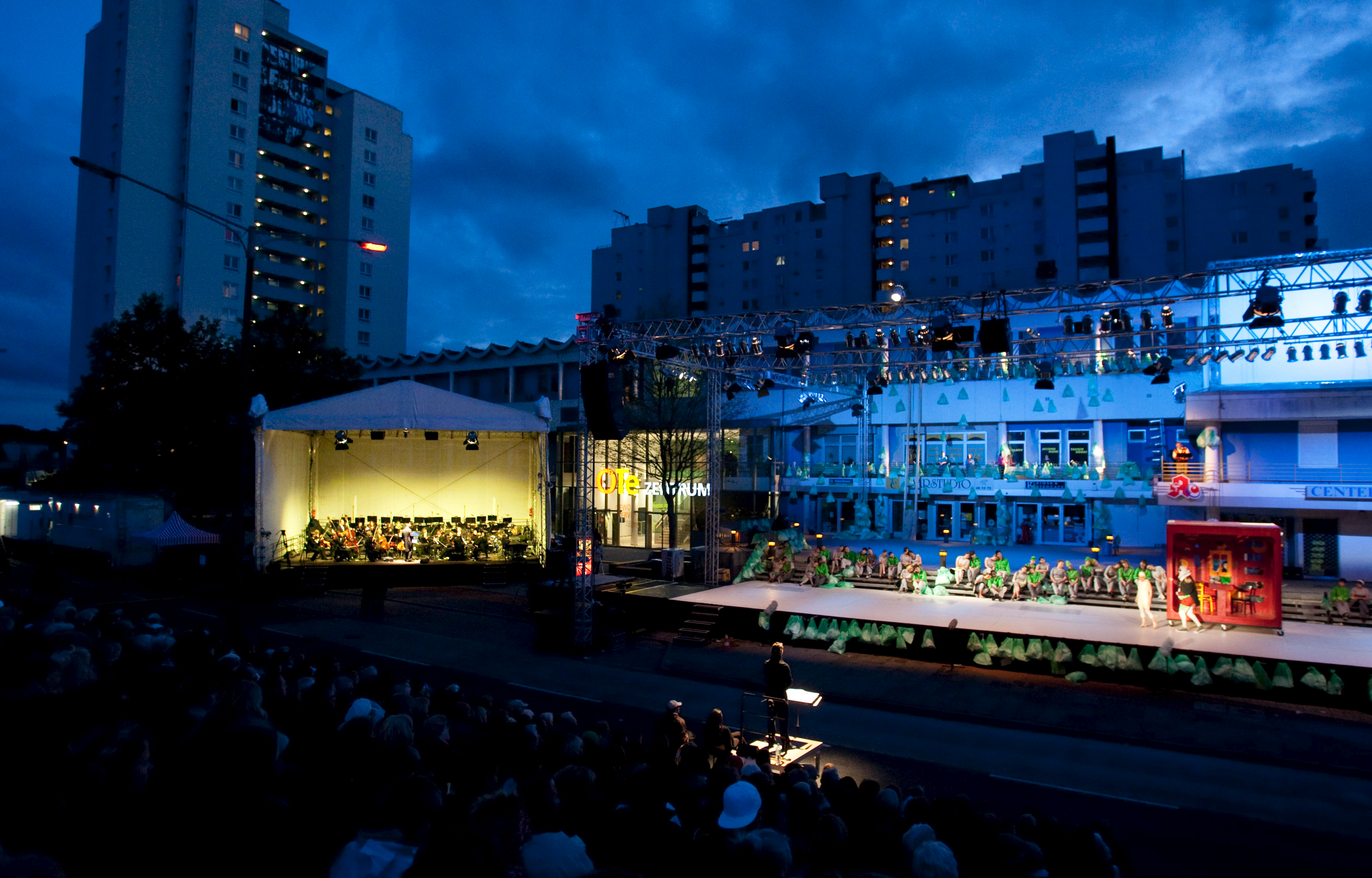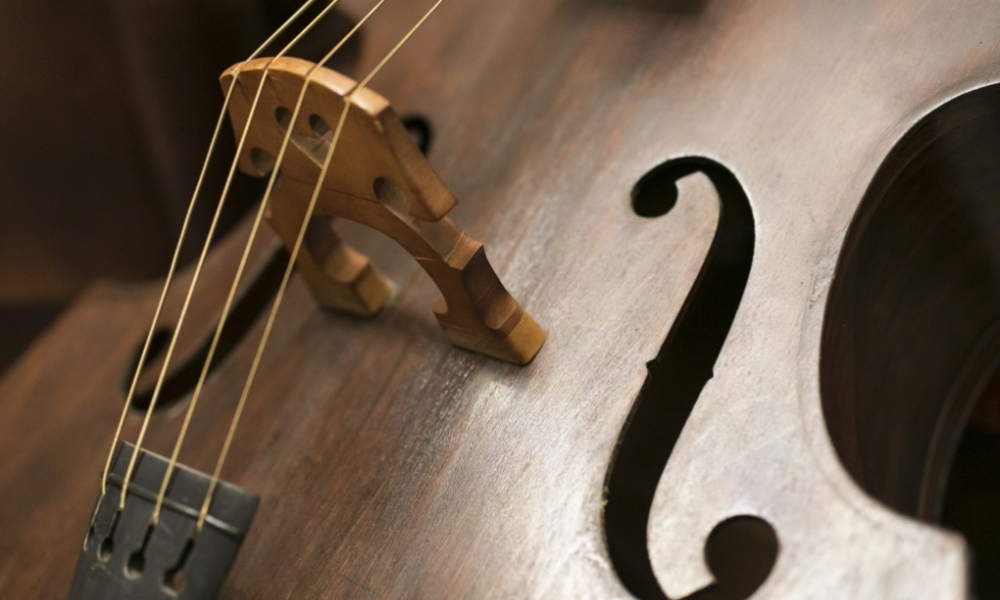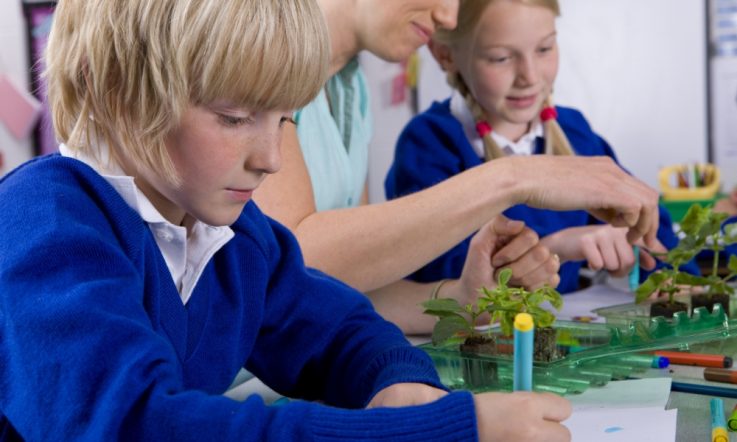In the latest instalment of our Global Education series, Teacher editor Jo Earp chats to Annette Rueggeberg, co-principal of GSO. The secondary school in Bremen, north west Germany, has experienced a remarkable turnaround in fortunes following an unusual request from one of Europe's leading orchestras.
Jo Earp: Hi Annette, welcome to Teacher. Firstly, can you give our readers a bit of background about the school and location? I was reading one article where Bremen's Culture Secretary referred to it as a 'problem district'.
Annette Rueggeberg: Hello. Yes, for a long time it was a problem district and it still is because many people are very poor. We used to have quite a high crime rate, fortunately that has gone down tremendously ... because the area has been renovated a lot and I think also the school and the orchestra have had a positive impact.
We are the biggest secondary school in Bremen with 1350 kids and about one third of the kids live on social welfare. All in all we've got about 130 teachers – not all of them work full-time.
JE: Now, let's wind the clock back to 2007, when the Deutsche Kammerphilharmonie Bremen orchestra was looking for a new home and approached you with a view to moving in. What was the initial feeling of the school community?
AR: I think some of the teachers, including me, were really thrilled. We all knew the orchestra and thought [it] would be a fantastic chance to get in contact (by then we didn't know what a beautiful contact would develop out of that). Some of the teachers who were not that much into music were a bit worried about doing project work and maybe having to skip one of the English, German or maths lessons [to make time]. Most of the teachers grabbed the chance, otherwise I think we would not have managed to create such a beautiful project – if you do it against the teachers it would never work out.
JE: The musicians do their rehearsals there, they are based at the school. They work with the staff and students on specific programs, as you've said, but also just being on the premises and being available informally throughout the day – that's had a real impact hasn't it?
AR: Yes it has. The rehearsal rooms are really right across the school. We have [world famous musicians here - like violinist Hilary Hahn] … and when they have a break, they eat in the canteen just sitting among all the kids.
Because lots of kids already know them from the projects we have, like the Melody of Life or our annual community opera, they go up and say ‘Hello, how are you, how was South America?' (because the orchestra has just returned from South America). They still look at them with awe and respect, and still treat them politely and respectfully, but they know they are nice people ... and they just come up and say hello. And I think that actually is so special because the musicians are approachable ... they are really friendly and open to the children, and that is something that they respond to.

GSO's first community opera in Tenever, Bremen - Faust II. Image: Jörg Sarbach.
JE: Another impact has been the student dropout rate - that's fallen dramatically hasn't it?
AR: That has fallen dramatically because the school has changed in general and because we've started to do more project work. You notice the more that kids do together with their teachers in project work (the more we have to present, do some research work) the better the classroom atmosphere is and the better the learning is.
In these joint projects, like the Melody of Life and the community opera, they all had a chance to do something together and they had success. A lot of children come from migrant families and they're very poor and often very insecure. These families work on things together with the musicians … and other people who support them, and then they stand on stage and perform. And I think that has changed not only the life of the kids here, but also over the last couple of years, the atmosphere for everybody.
When people come here from outside they often say the atmosphere of the school is very open and friendly, [the students are] not aggressive or bored. In the last three years we had hardly any dropouts, two years we didn't have any and last year we had two [one linked to illness].
About 55 to 60 per cent go on and take their [school leaving exams], or Abitur as we say in Germany, which is a really good result for an area like ours.
JE: So, it's improved the dropout rate, and led to improvements in student achievement. It's also led to a lot of interest from families who live outside the area. So much so that you're in the position of having to turn pupils away now?
AR: That is particularly interesting because the school is not in the city centre and it's quite hard to get to because it's on one of the borders, on the east border of Bremen [in Tenever]. So, it's about half an hour away from the city centre and you have to take quite a long bus or tram ride, and they still want to come here to the school because of the interesting things that are happening.
JE: Well, it certainly sounds as if this innovative partnership has created a stimulating environment that's working well for both the school and the orchestra. We wish you continued success in the future and thank you for sharing your story with us.
AR: Thank you very much.
The Global Education series will return to its podcast format next month, when we'll be speaking to a US educator about building sustainable in-house professional development.
Related Teacher content: Global Education Episode 1 - Dr Paul Browning discusses an innovative Futures Planning Project.
Are there opportunities at your school to involve the wider community in student projects?
Which organisations could you develop links with in music and the arts?



